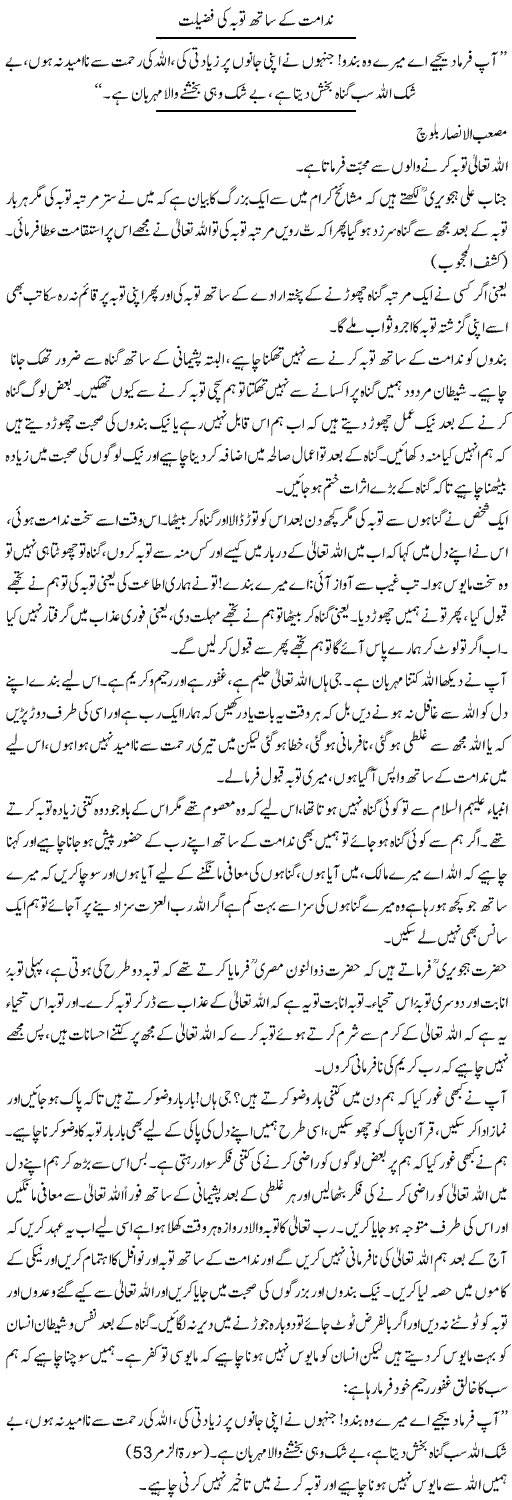When there is just one son, parents have to make him live with them; when there are several, it’s easier, as some of them can go abroad. After all, parents should not be left all alone. That is why one should have many children,’ says a mother-of-five empathetically. I remain silent, not agreeing with her simply because not everyone is blessed with children.
My mind shifts some childless couples and unmarried people I know. If Allah has kept them barren, what should their outlook be on life during old age? Should they constantly be complaining to Allah for the fate decreed on them, or should they accept their fate and be content with it, achieving peace of mind?
Almost anyone and everyone can choose to be ungrateful. A short person may wistfully look at taller people and lament on his or her natural stature; a pauper sitting on the curb may stare enviously at the glamorous cars passing by; a blind person can very well gripe about not being able to see; and of course how slightly dark-skinned people wish they had fairer skin.
If one were to cave in to negative thinking, ungratefulness and wistfulness for the blessings one has supposedly missed out on in life, he or she would be losing on something greater: the blessings they have been granted by Allah! Life’s just too short to lose the good moments wishing for what was not meant to be yours in the first place.
The tendency to be ungrateful and negative in thinking is admittedly more common in women; this is a fact that has been mentioned in several Ahadith:
“…they are ungrateful to their husbands and ungrateful for good treatment.” (Al-Bukhari)



